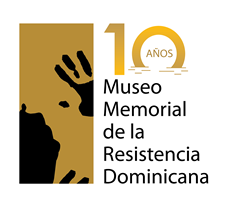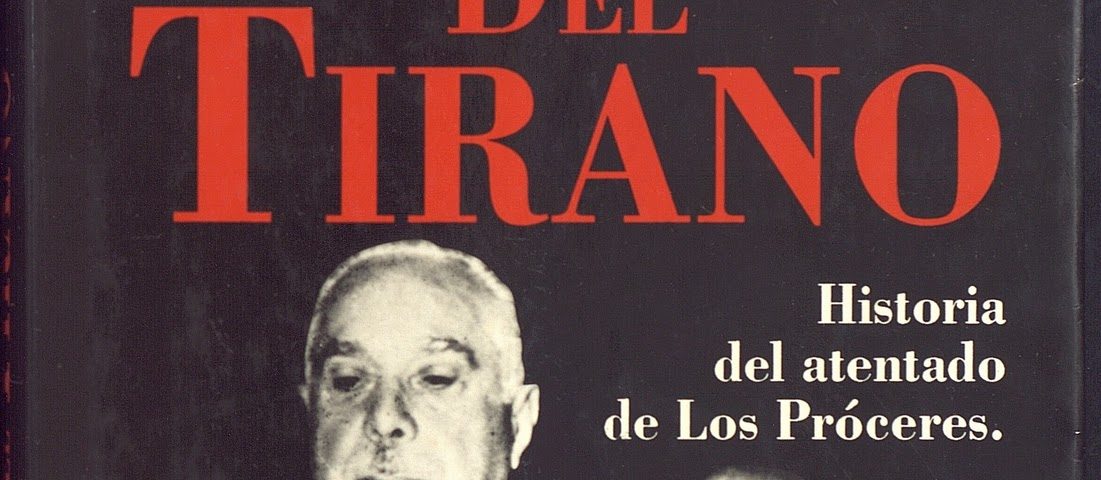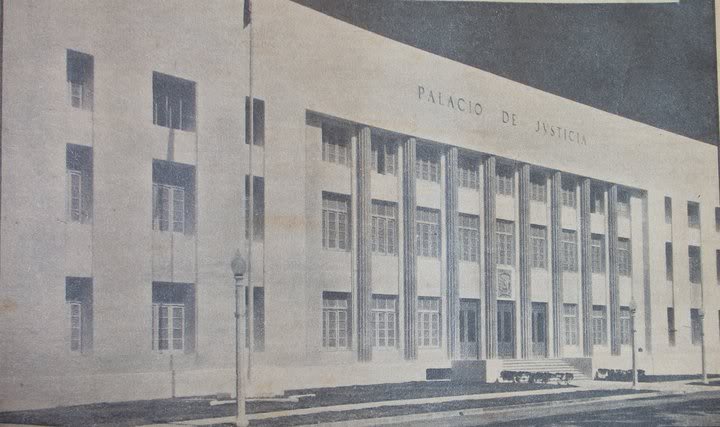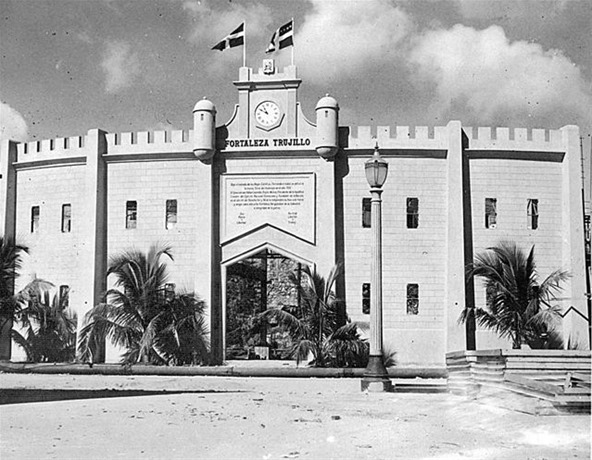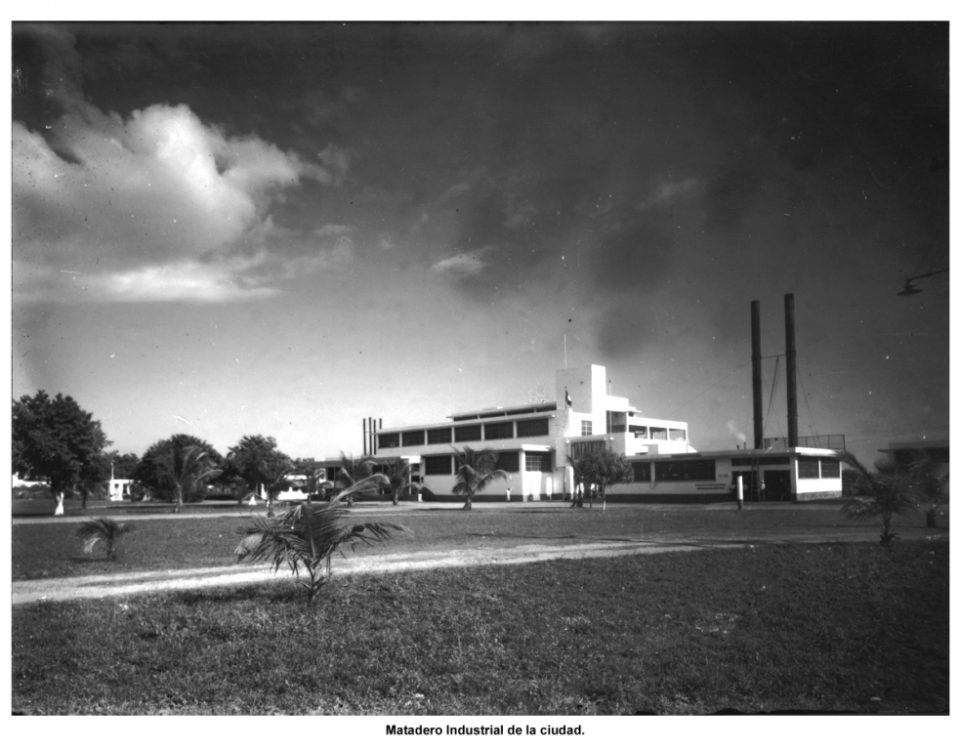Attempt on Romulo Betancourt, OAS sanctions.
The Founding of the June 14th Revolutionary Movement
February 22, 2017
The return of the Dominican Popular Movement to the country
February 22, 2017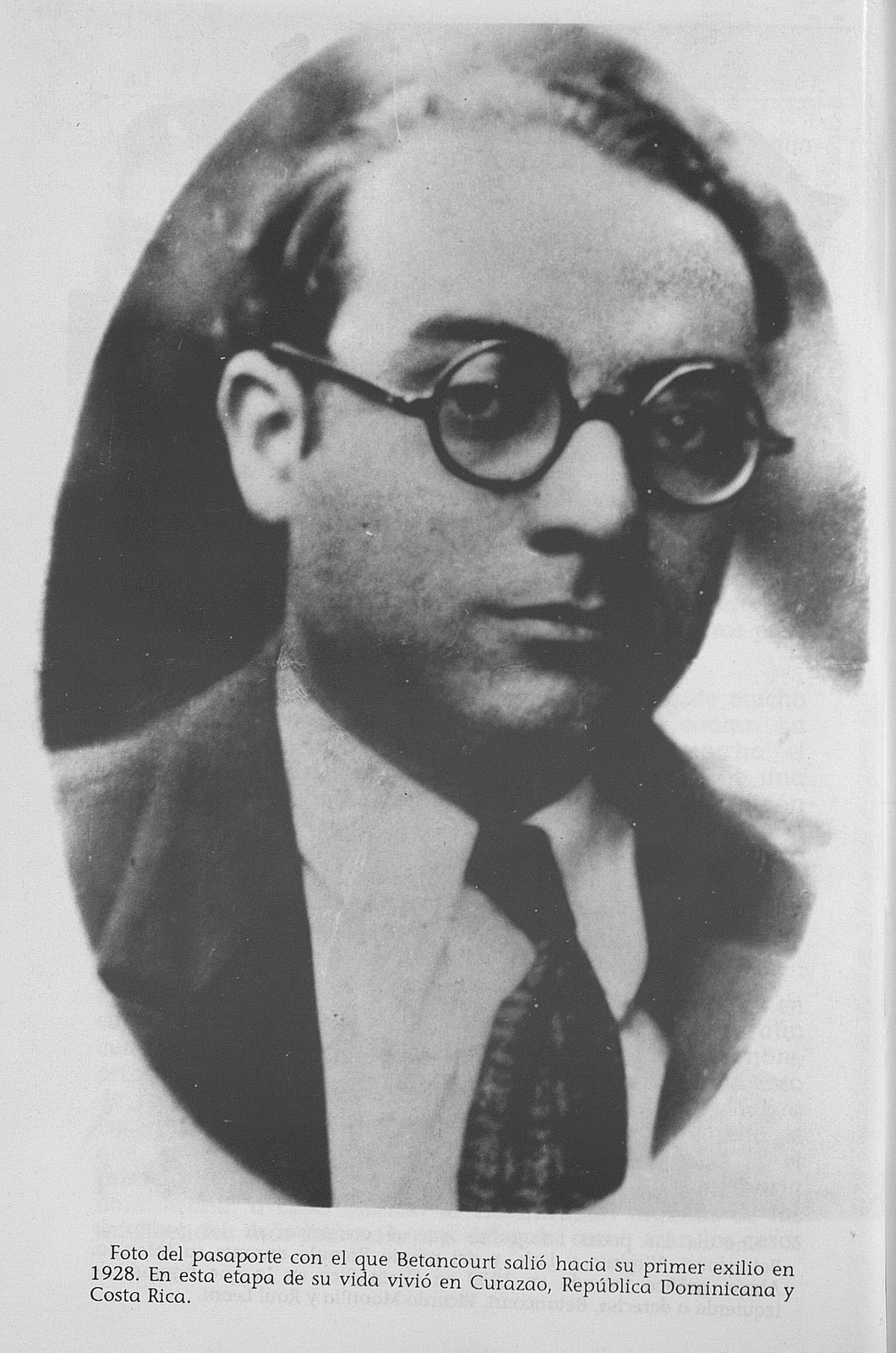
Between Venezuelans and Dominicans there are very deep historical ties created in the mutual and permanent solidarity that both nations have developed. During the tyranny of Juan Vicente Gómez, hundreds of persecuted Venezuelan politicians found refuge in our country, and likewise, during the Trujillo dictatorship, many opponents of that regime were very well received in the homeland of Bolivar.
Rómulo Betancourt, for example, persecuted by the dictator Gómez, resided in our country between 1928 and 1931 and upon learning of the atmosphere of terror that was beginning to be experienced here, he established very early ties with Trujillo's opponents and when he left our territory he supported all the efforts of the Dominican exile to overthrow the tyranny. The same attitude was also assumed by Romulo Gallegos, famous novelist who was president of his country in 1945, Jobito Villalba, the poet Andres Eloy Blanco, Miguel Angel Capriles, the Machado brothers, the Larrazabal family and dozens of Venezuelan politicians and intellectuals.
Betancourt's conduct made him an enemy of Trujillo, who permanently maintained a campaign of discredit against him, accusing him of being the worst of the Latin American communists.
The terrible hatred that Trujillo manifested against Betancourt and the democratic leaders of that nation led the Dominican satrap to establish a close alliance with the Venezuelan tyrant, General Pérez Jimenes, who assumed power in his country through a military coup in 1952.
For that reason, after the 1958 overthrow of Pérez Jimenes, to whom Trujillo granted generous refuge, when the leader of the Democratic Action Party, after winning the 1959 elections, assumed power for the second time as president of Venezuela, the Dominican dictator felt threatened and began to organize a terrorist action to assassinate Betancourt.
At the time when the Dominican dictator's intentions were being planned, his regime was going through a tremendous crisis, because of the crimes committed against the expeditionary groups of June 14, 1959, the Dominican youth intensified its opposition against the dictator, and the Catholic Church assumed the same attitude. In addition, his main ally, the United States, had already withdrawn its support, and several emissaries, first from President Eisenhower, and then from Kennedy, asked him to withdraw from power to allow an opening towards democracy.
To carry out his plan against Betancourt, Trujillo was assisted by several Venezuelan generals who had taken refuge here and by several civilian criminals, all friends and beneficiaries of the dictatorship of Perez Jimenes.
The terrorist action against Betancourt, which involved the placement of a high explosive bomb controlled by electronic means, loaded with 65 kilos of TNT, which was to explode when the caravan of the President of Venezuela passed through one of the main avenues of Caracas (the Avenue of the Proceres), occurred exactly at 9:30 in the morning of June 24, 1960, causing the almost total destruction of the presidential car, who miraculously saved his life, but with serious burns in his hands and part of his body. In the attack died the head of the presidential guard, Colonel Armas Perez and the student Elpidio Rodriguez, who coincidentally was in the vicinity of the place. Also wounded were the Secretary of Defense, Josué López Henríquez and his wife Dora, the president's driver, Azael Valero, and other members of the presidential retinue.
The next day after the attack, President Betancourt denounced before the press and the Venezuelan people that Trujillo was the author of the attack and stated that his government requested the OAS to convene an emergency meeting of the Ministers of Foreign Affairs of the continent, to present there the documentary evidence supporting his accusation.
A few days later, on August 3, in a political move aimed at confusing international public opinion, trying to show that his regime was becoming democratic, Trujillo made his brother Hector, who was in office, resign and in his place was placed Vice President Dr. Joaquin Balaguer, the main ideologue of the regime.
On August 16, 1960, in San José, Costa Rica, the Sixth Meeting of Foreign Ministers was held, which condemned Trujillo as the perpetrator of the assassination attempt and imposed sanctions against his tyranny, which included: - 1st. Rupture of diplomatic relations of all the OAS member countries with the Dominican Republic. - 2nd. Partial interruption of economic relations, establishing at the same time the possibility, according to the circumstances, of extending such limitations to Dominican commercial exchange with the other nations of the Americas.
The OAS condemnation of the Trujillo regime led to the almost total diplomatic isolation of the tyranny and in turn deepened the economic and political crisis that the country was already experiencing, seriously affecting trade, industry and the supply of fuel for transportation and electricity generation.
In truth, with such condemnation, the regime was entering its final days, but the nominal president of the Republic, Dr. Joaquin Balaguer, did not see it that way. For this reason, in his February 27, 1961, rendition of accounts speech, while rejecting as "unjust" the sanctions imposed by the OAS on the Trujillo dictatorship, he said:
"The promoters of the Costa Rican conspiracy did not count on the fact that Trujillo is identified with his people and that between him and his country there is that kind of alliance that God creates between nations and their providential men".
Ninety-three days after these words were uttered, the Dominican dictator was executed on what is now the 30 de Mayo highway.
